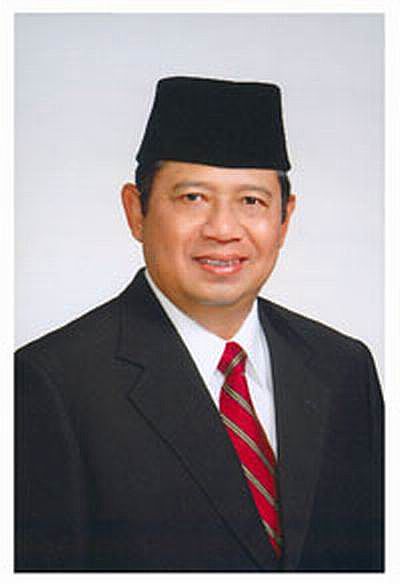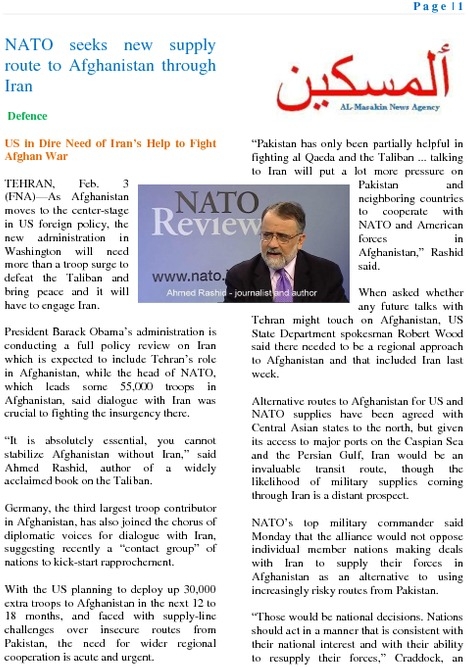
Waiting is the most boring job. Likewise, when waiting for the inauguration of U.S. President Barack Obama was elected January 20 next, the world community also can not wait anymore. They want to see the activities of the agent of change is like a promise in his campaign.
Now the world is longing for the arrival of a policy of fair and honest settlement of unequal war vs. Israel Hamas in the Gaza Strip, because they've had enough of President Bush's statement that always defend Israel although obviously the country's Zionist massacre of more than 500 people in Gaza, a quarter are women and children.
Clearly this is a mighty tough task for a new leader witnessed heavily armed soldiers slaughtering people unarmed, while the soldiers were allies. But with the greatness of his soul, with his mind's eye, that genocide should be stopped.
"Of course, Israel also did not want to burden the president-elect with this problem, when he was just sitting in the White House. It's clear these issues would complicate any diplomatic efforts," said Steven Cook, Middle East analysts at the Council on Foreign Relations.
But if Obama is the right person as portrayed as a leader who has a big soul and a conscience to resolve the unequal struggle? It's difficult to answer, because Obama's transition team, which also means a transition team candidate Hillary Clinton's Foreign Minister remained in a relationship with the Israeli envoy.
From there reflected that the U.S. is in the hands of Obama would not be much different with the U.S. under Bush. But the global community still wanted to prove that Obama's promise to improve U.S. relations with Islamic countries. But the promise was proven or not, became known only after January 20.
Middle East conflict will inevitably be a test for Obama. From that will come out clear if his campaign promises just lips service merely for the sake of making noise. This test, given Mr Bush also inherited by the two wars that have not ended, ie Iraq and Afghanistan.
Moreover, Obama's national advisor, General James L Jones, has repeatedly said Iraq war was 'strangling' the U.S. in various sectors. But Obama never said that did not have to waste money in Iraq and the country can get back their sovereignty.
The deadline for the withdrawal of U.S. troops from Iraq before 2013, Obama will also be observed without any difficulty. Here, Vice President Joe Biden will be more important role than Hillary Clinton. Because she experienced head of the Chairman Foreign Affairs Committee in the Senate in 2002. In the end, in the hands of the U.S. Obama will finish what they start in Iraq. It hopes.
But the thing is not over, because some ex-Iraq U.S. troops will be diverted to Afghanistan. The Taliban are eliminated, but that does not mean they lose. Hillary never said they are the forgotten front lines of fate in the hands of NATO.
Not to mention the situation in the country chaotic Afghanistan with rampant corruption and opium production is also increased. Unpredictable how Obama will handle this area, or maybe this task will be handed over to Hillary.
Not finished in Afghanistan, not less complicated problem unsolved is the country's nuclear program Iran accused the United States to manufacture nuclear weapons. We know that due to this issue, Iranian President Mahmoud Ahmadinejad and President Bush until the war of words in the media of its mouth again about Israel. U.S. worried that nuclear weapons will be used to attack the allies. In fact, Hillary has said if Iran attacked Israel, the United States not only defend, but also destroy Iran.
Ironically, Obama had promised the U.S. would help and overcome difficulties together Iran, which will be assisted by Hillary, the same woman who had threatened to annihilate Iran. Has been a problem to be faced Obama?
Oops! Apparently not, because of tensions with Russia over U.S. anti-missile shield to be placed in Poland also needs attention Obama. Russia would feel threatened by anti-missile system was. In response to U.S. actions, they put a missile launcher in Kaliningrad Iskandar. But Russian President Dmitri Medvedev has expressed readiness to leave the project if the United States, through Obama, to take the same attitude. Even Medvedev expressed readiness to negotiate and discuss the global security system with the United States, European Union, and the Russian Federation, because he felt the system was a threat to the Red Bear Country.
Well, now depends Obama, if he would complete the first test for the 'subjects' of international politics, a field of rivals as ditudingkan not territory.
If he managed to overcome this obstacle, it will be easier to improve relations with Uncle Sam's enemy in Latin America, like Cuba and Venezuela.

























